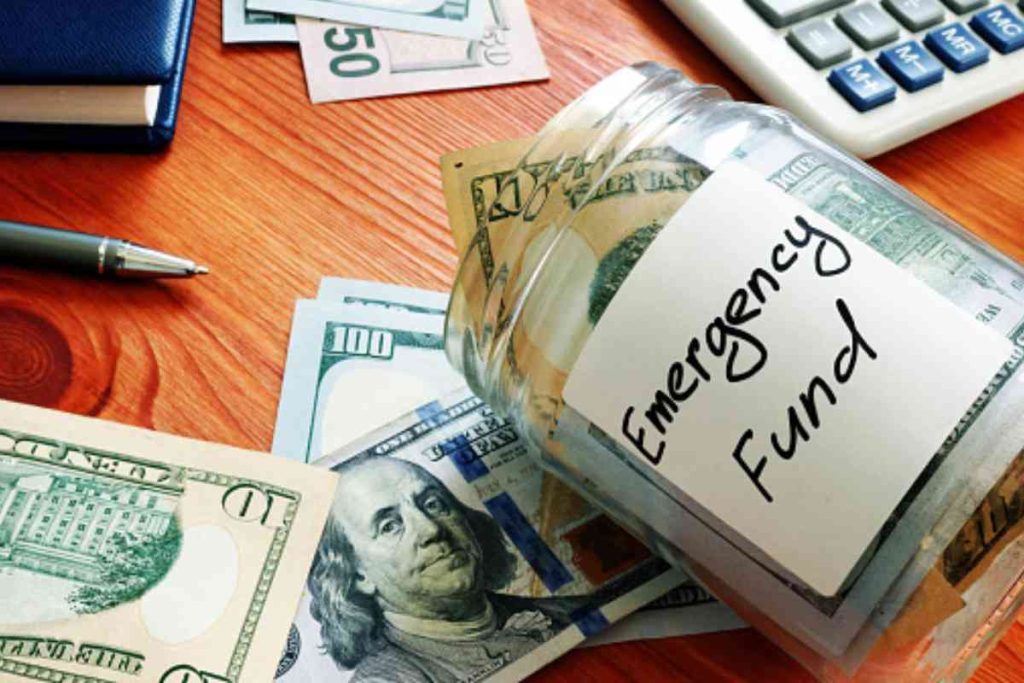In times of crisis, emergency loans can be a lifeline for individuals and businesses struggling to make ends meet. Whether it’s a sudden medical emergency, a job loss, or a natural disaster, emergency loans can provide immediate financial assistance to help you through difficult times. However, like any financial product, emergency loans come with risks and rewards that you need to be aware of before taking a loan. We’ll take a closer look at these below.
Emergency loans, facilitated through open banking data, can be a valuable resource for individuals and businesses confronting unforeseen expenses or financial challenges. However, comprehending the risks and benefits linked with these loans is crucial before initiating the application process. Prioritize thorough research, collaborate with a trustworthy lender, and confirm your ability to manage the loan before committing. With meticulous evaluation and prudent borrowing practices, emergency loans, supported by insights from open banking, a revenue based loan can serve as a lifeline during challenging periods, aiding in the restoration of your financial stability.
Table of Contents
What are emergency loans?
Emergency loans are short-term loans designed to provide immediate financial assistance to individuals and businesses facing unexpected expenses or financial hardship. These loans can be secured or unsecured and are typically provided by banks, credit unions, online lenders, or other financial institutions.
Some common types of emergency loans include personal loans, payday loans, and lines of credit. These loans can be used to cover a variety of expenses, including medical bills, car repairs, home repairs, and other unexpected costs.
Understanding the risks of emergency loans
While emergency loans can provide much-needed financial relief, they also come with risks that you need to be aware of before taking out a loan. Here are some of the main risks associated with emergency loans:
High-interest rates: Emergency loans typically come with higher interest rates than traditional loans because they are unsecured and have a shorter repayment period. This means that you could end up paying a lot more in interest charges than you would with a regular loan.
Fees and charges: Many emergency loans come with extra fees, such as origination fees, late payment fees, and prepayment penalties. Make sure you read the fine print and understand all the fees related with the loan before signing up.
Predatory lending practices: Unfortunately, some unscrupulous lenders out there prey on vulnerable individuals and businesses in need of emergency loans. These lenders may offer loans with extremely high-interest rates, hidden fees, and other unfavourable terms. Always do your research and work with a reputable lender to avoid falling victim to predatory lending practices.
Negative impact on credit score: Taking out an emergency loan can have a negative impact on your credit score if you are unable to make your payments on time. This could make it more difficult for you to obtain credit in the future, as lenders may see you as a high-risk borrower.
Understanding the rewards of emergency loans
Despite the risks associated with emergency loans, there are also many potential rewards to consider. Here are some of the benefits of emergency loans:
Immediate financial relief: Emergency loans can provide immediate financial relief when you are facing unexpected expenses or financial hardship. This can help you avoid late fees, bounced checks, and other financial consequences of not being able to make your payments on time.
Flexible repayment terms: Many emergency loans offer flexible repayment terms that allow you to make smaller payments over a longer period of time. This makes it simple for you to manage your finances and pay back the loan without putting too much strain on your budget.
Improved credit score: If you make your payments on time, taking out an emergency loan can help improve your credit score. This is because timely payments are one of the most significant factors when it comes to determining your credit rating and is the main contributor when it comes to future lenders deciding how creditworthy you are.
Access to credit: If you have a poor credit history or a low credit score, it can be difficult to obtain credit from traditional lenders. It can provide access to credit when you need it most, regardless of your credit history or score.
Emergency loans can be a useful tool for individuals and businesses facing unexpected expenses or financial hardship. However, it’s important to understand the risks and rewards associated with these loans before taking out a loan. Always do your research, work with a reputable lender, and ensure you can afford the loan before signing up. With careful consideration and responsible borrowing, emergency loans can help you get through difficult times and regain your financial footing.

